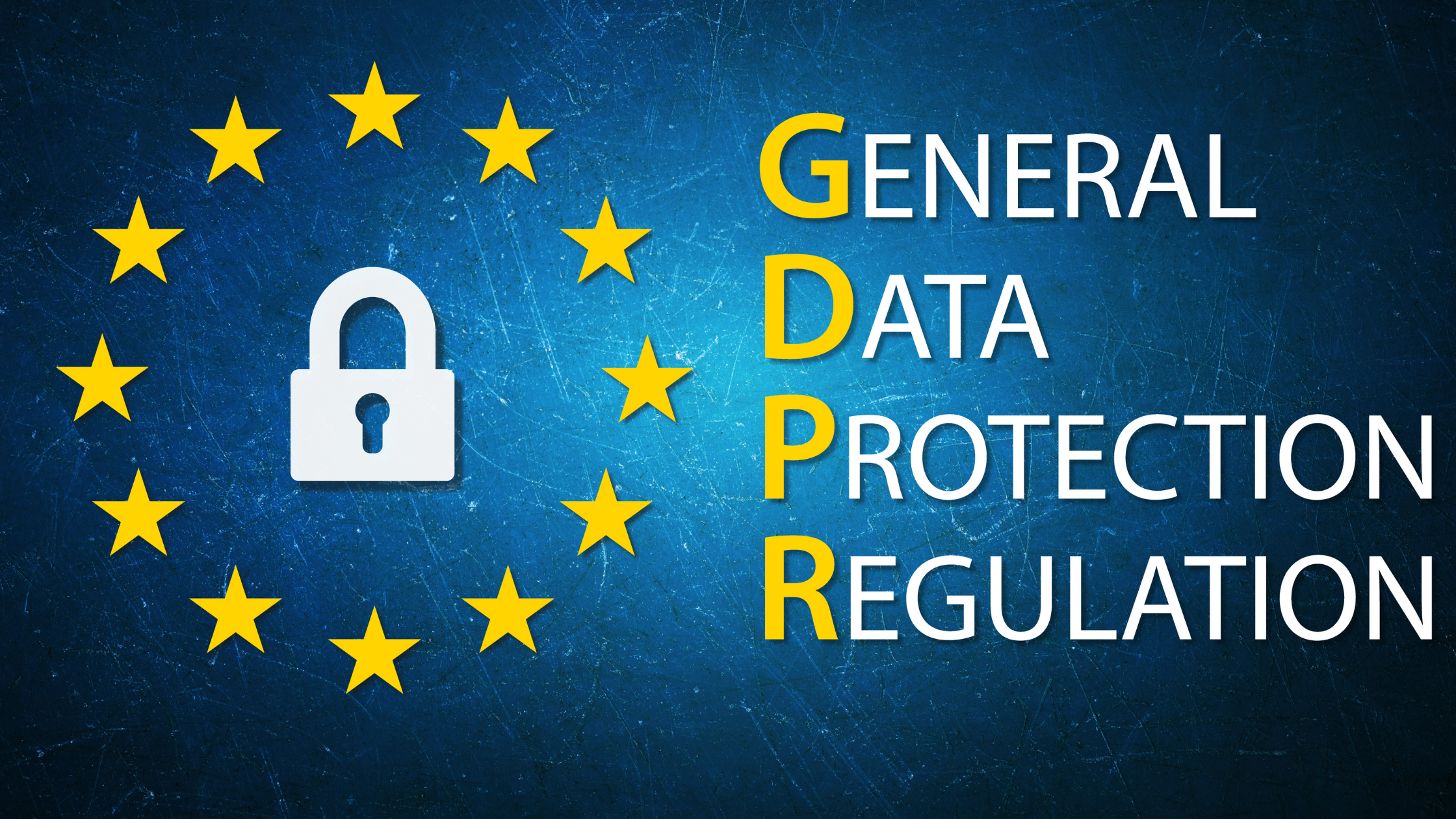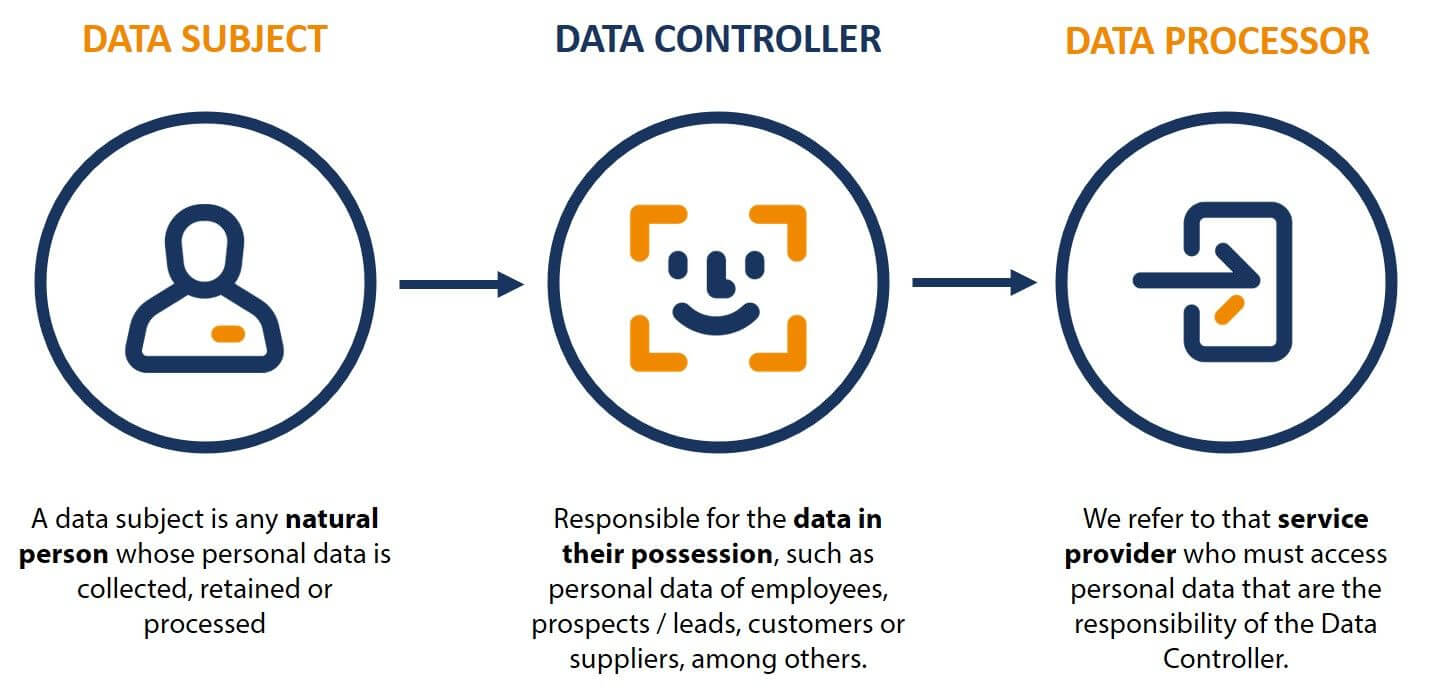
Table of Contents
It is essential to have intellectual privacy and data protection in today's data-driven world. Because if the companies fail here, they will lose the trust of their customers and make a substantial financial loss. Thus, to strengthen the defense against data breaches, the European Union (EU) launched the General Data Protection Regulation (GDPR) on May 25, 2018.
GDPR renders more control to the EU residents over the data they send on the internet. Moreover, it has also reshaped the way business companies approach data privacy. It is the biggest privacy law that has come into effect in the past two decades. GDPR ensures that all information related to employees and customers is protected.
Therefore, this blog will provide you with tips on being GDPR-compliant for your business organization.
Also Read: Complete HIPAA Compliance Checklist For Software Development

On the off chance that you are uncertain assuming you want to data protection law you may need to take this short quiz first.
Best Practices To Make Your Business GDPR-compliant
Despite having European roots, GDPR has had a global impact since its inception. Thus, for the IT business owners to ensure that their business organization is GDPR compliant, here are a few best practices to follow.
- Understand your compliance responsibility

The first requirement for businesses to be GDPR-compliant is to understand their data responsibility. Data security is a wholesome thing that includes all the parties involved in a particular company.
There are two responsible parties: the data controller and the processor. The data controller outlines how to collect the data while the processor processes and stores it. GDPR guidelines clearly define the responsibility of each side. Thus, it will assist the businesses to be sure of their duties and do their work accordingly.
2. Encrypt your data

Unencrypted data is like an open locker, anyone can read and access it. Moreover, as most businesses move to cloud platforms, data is being served at multiple locations, making its breach easier.
Although encryption is not compulsory, it still is one of the best ways to make businesses GDPR-compliant. Organizations can either do in-transit encryption that protects the data while in transit. Or, they can use at rest encryption that will protect the data from the server and client-side.
3. Be proactive

There is an age-old saying 'prevention is better than cure' and it perfectly relates to firms looking to be GDPR-compliant. IT business owners should understand that GDPR is an ongoing process and not a one-time thing. They need to be proactive to protect the data of their employees and customers.
Therefore, business houses must monitor and detect data breaches regularly to ensure regularity. Moreover, constant monitoring will enable companies to manage their data properly.

4. Need for a 'security-first culture.'
A general misconception prevailing in business organizations is that GDPR will only affect their IT department. But in reality, it will impact a much broader section of the organization than they think. Thus, it is essential to have a shared understanding of data security rather than mere technical brilliance.
So, to cultivate data understanding, companies have to foster a 'security first culture.' This culture will make the business GDPR-compliant and ensure that data privacy is at the forefront of every process. Moreover, it will be easier to train employees with a system like this, making them aware of the latest technologies.
However, businesses should not haste in the training process. They must take their time, allowing their employees to develop a habit that they can sustain for long organically. This practice will permanently answer the 'how to be GDPR-compliant' question. Moreover, they will avoid shortcuts and keep only the best practices intact.
The human resource (HR) department can play a pivotal role in creating a security-first culture.
5. HR: The vital cog in GDPR
The human resource department manages and protects all employee data. Thus, it is essential to have the best HR technology in place to make the organization GDPR-compliant. And since a lot of the employee and customer data is on the cloud, it is crucial to power the HR technology software with the latest encryption technique.
Along with the technical prowess, it is the responsibility of the HR department to educate the employees on data privacy. They should make the employees aware of all the good practices on how to be GDPR-compliant. Constant commitment and patience will help the HR department foster a 'security first culture' easily.
6. Understand the scope of compliance
The GDPR process regulates anything that is indefinable. It can be a name, address, debit/credit card details, email address, social media posts, etc. Thus, once the companies are sure of the horizon, they will find it easier to make their business GDPR-compliant.
Moreover, along with the scope, it is essential to keep the privacy policies updated. Always take consent before collecting the data from the users and state the purpose of data collection clearly.
7. Document everything
In the quest of 'how to be GDPR-compliant,' it is essential for the business organization to document everything. Documented policies will ensure that the data involved here is protected and properly handled.
Proper documentation will help in reducing fines for data breaches significantly. Moreover, it will also mandate authorization, authentication, and accounting layers.
8. Risk assessment is necessary
If a company deals in ‘high risk data’ but wants to be GDPR compliant, the organization must fill out a formal risk assessment known as Data Protection Impact Assessments (DPIAs). The DPIA takes care of two important things:
- It shows the compliance efforts from the beginning to the regulators
- It identifies and nullifies the data protection risks
There is no specific procedure the company has to follow for DPIA. However, they can follow ICO’s template and develop their own version. The business organization can also look to outsource the risk assessment process to a competent third party as well.

Final thoughts
The road to making your business organization GDPR-compliant is long and full of hurdles. Thus, they must put in a lifetime of commitment to protecting the data of their employees and their customers. Business houses must put in small steps consistently and apply the best practices to see the results coming their way. You can always partner with a reliable and trustworthy software development company to make sure you tackle each obstacle smoothly.
Build World-Class Software at Competitive Rates
We prioritize value over cost. Our industry experts both in the US and in India ensure your unique software needs are met while also maximizing the ROI.
Get free cost estimation for your project